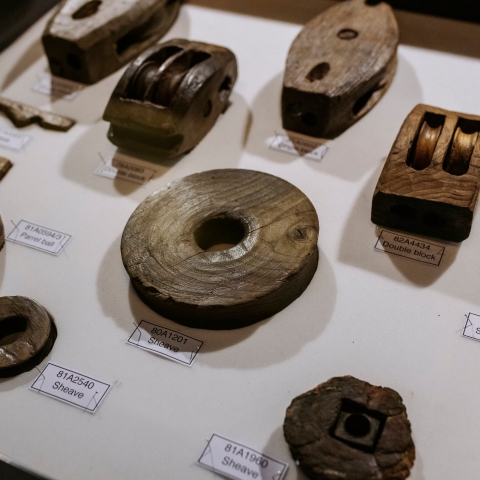
This career guide is designed to help University of Portsmouth students and recent graduates explore job options, key employers, and entry routes into the Heritage and Culture sector.
There are quite varied employment opportunities within Heritage and Culture which allow you to specialise in unique areas of interest. This can include anything from museum curation and conservation to exhibition design and management. Alongside your degree, demonstrating a passion for working in your desired field is needed. Gaining relevant work experience will be vital to begin a career in this increasingly competitive sector.
Explore the Heritage & Culture Career Guide
Getting started in heritage and culture
Take the first steps to researching a career in the heritage and culture sector.

Gaining experience in heritage and culture
Find out how to secure work experience in the heritage and culture sector during your studies.

Finding a job in heritage and culture
Discover how to secure a job in heritage and culture after you graduate.

Enable University alerts
Turn on notifications for critical updates like closures, safety alerts, and urgent service disruptions.






